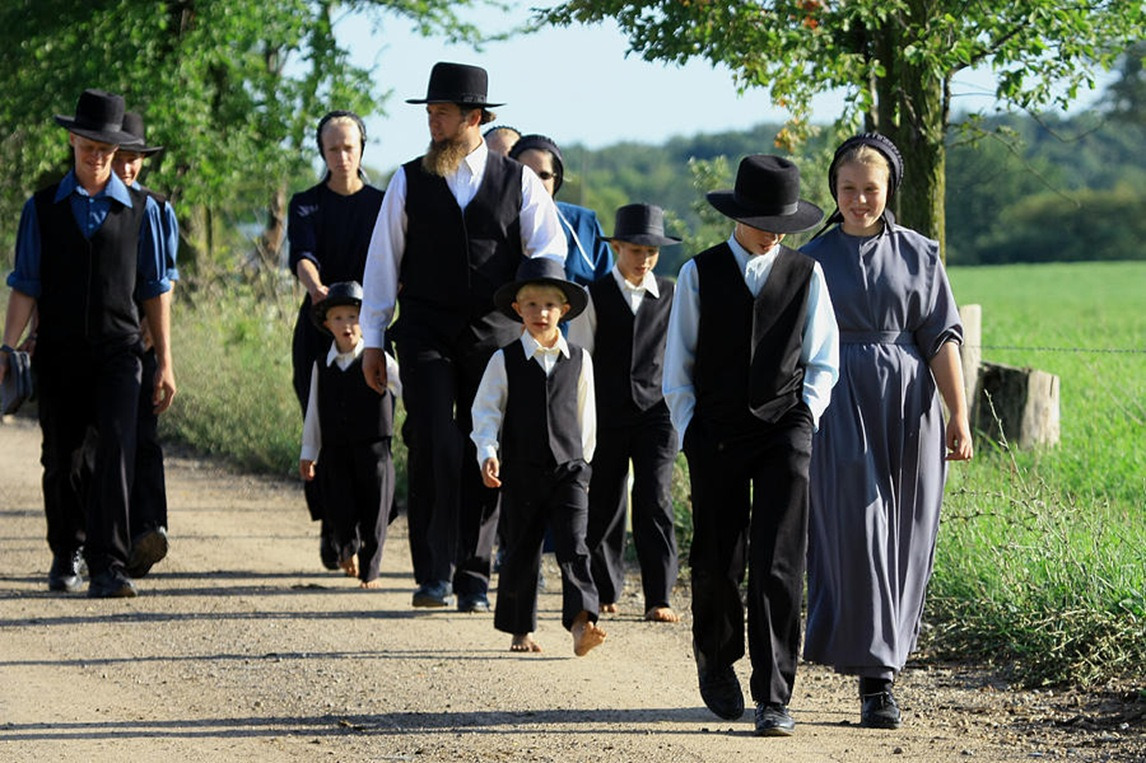[h=2]
Cancer drug 'like taking Panadol' developed in Australia, given fast-track approval.
[/h]A revolutionary drug that melts away cancer in some stage four patients has been given fast-track approval in the United States.
Key points
- Trial of Melbourne-developed drug shows four out of five patients had a positive result, with complete remission for one in five
- Venetoclax has received fast-track approval for use in the United States
- Manufacturer has applied for it to be listed on the Australia's PBS
Melbourne-developed Venetoclax is one of a new generation of targeted drugs which attack specific cancer-causing biological factors like cell-structure mutations.
Robert Oblak was fighting a recurrence of chronic lymphocytic leukaemia, a cancer of the blood and bone marrow, when he was chosen to take part in a trial in 2013.
"I think I was the eleventh person in the world to have it," he told 7.30.
"It was amazing."
Within a year his leukaemia went into remission.
"It causes no side-effects. Nothing, absolutely nothing," he said.
"I describe those pills as like taking Panadol.
"Quite amazing. So even when it's killing cells, you feel great."
Professor John Seymour, of the Peter MacCallum Cancer Centre, helped oversee the trial.
He said the treatment worked in a very different way to traditional therapies.
"Cells, when they are born, are destined to die and cancer cells and particularly leukaemia cells delay that death by using a protein called BCL2 that stops the normal time of death," he explained to 7.30.
"Venetoclax works by specifically blocking the action of that BCL2 and allows the cells to die in the way that they were destined to."
In the trial nearly four out of five patients had a positive result, with complete remission for one in five patients.
Some patients did have a negative result.
But despite receiving fast-tracked approval for use in the United States and the European Union, the drug is not available in Australia.
Although manufacturer AbbVie applied for its listing on the Pharmaceutical Benefits Scheme (PBS) at the same time as in other jurisdictions,
Australia's slower approvals process through the Therapeutic Goods Administration (TGA) means Australian patients cannot access it.
Using the body's own immune system to defeat cancer
The developers of Venetoclax — David Huang and his team from the Walter and Eliza Hall Institute of Medical Research —
were
awarded the Eureka Prize for Innovation in Medical Research at this year's ceremony.
Venetoclax and targeted therapies are just one of a number of major breakthroughs in cancer research in recent years.
The area of research giving the most hope is immunotherapy.
Immunotherapy drugs work by harnessing the body's own immune system to defeat cancer and a new dedicated immunotherapy lab
at the just-opened Victorian Comprehensive Cancer Centre will focus on their development.
So far, they have been used most effectively in the treatment of melanoma.
Greg Lawson is testament to the power of this new breed of drugs.
When the melanoma he had beaten a decade ago re-emerged in 2014 he was put on an immunotherapy drug,
Ipilimumab (also known as Yervoy) that had only recently been approved for the Australian market.
Twelve months later, his melanomas were completely gone, and he has suffered virtually no side effects.
"Truly amazing — the fact that it's actually given me the position where I have not got cancer in my body is a great feeling," Mr Lawson told 7.30.
"I am so glad that research has allowed that drug set to be created, and now that we have got Australian research companies developing drugs, targeting drugs for immunotherapy is just phenomenal."
But it is a bitter-sweet recovery for Mr Lawson and he knows only too well that immunotherapy does not work for everyone.
Tragically, his wife Jill developed melanoma around the same time that he did.
When she was put on a trial of a different immunotherapy drug, her body could not tolerate it.
"She had two sets of the treatment, but was so ill from the side effects that the decision was made to take her off it," Mr Lawson said.
"And August 2014, two years ago, she passed."
http://mobile.abc.net.au/news/2016-0...44?pfmredir=sm


